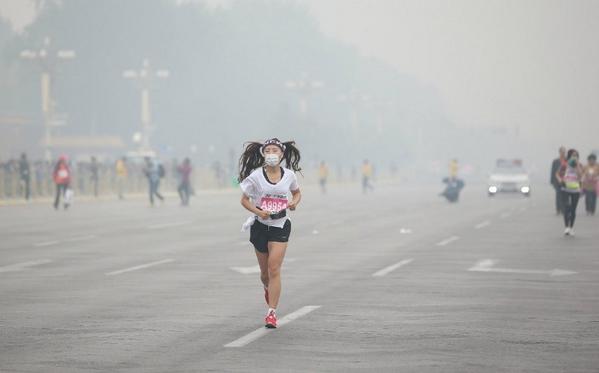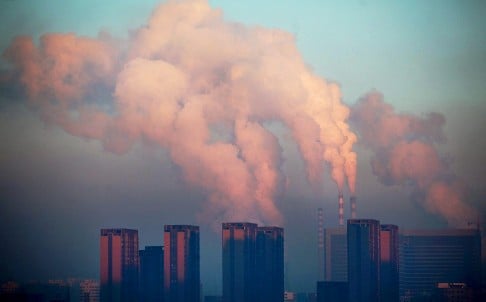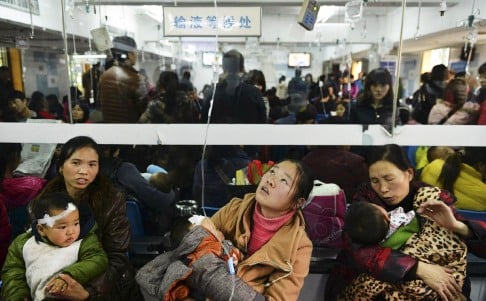- Joined
- Apr 26, 2014
- Messages
- 2,608
- Points
- 63
My Engrand not powderful so need some help from the more educated ones of this forum.
"Haze" or "Smog" - which one has more negative meaning?
"Haze" or "Smog" - which one has more negative meaning?



